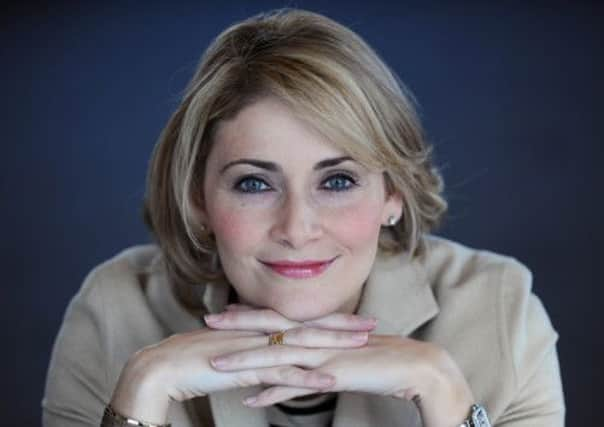Juliet Dunlop: Rape accused must be identified


Given the nature of the charges, and what was at stake, this was obviously an understatement. But if the Coronation Street actor’s response was almost muted, the reaction to his trial has not been.
After a jury took less than five hours to find him not guilty of all 12 charges, including five of rape, the Crown Prosecution Service (CPS) was immediately forced to defend its pursuit of the 48 year-old. Serious questions have been raised about the case: the lack of medical or forensic evidence; the fact that it rested only on the testimony of his accuser. It has also been claimed that Le Vell was targeted because of his celebrity status; the CPS decided not to proceed with a case in 2011, but re-arrested him in the wake of the Jimmy Savile scandal. It strenuously denies there was any “witch-hunt”.
Advertisement
Hide AdAdvertisement
Hide AdBut however flimsy the evidence may or may not have been, the case has sparked renewed debate about the naming of rape suspects. While alleged victims of sexual abuse receive lifetime anonymity even if charges are never proved, those accused of sex crimes are given no protection. Le Vell called for a change in the law when he was initially arrested. “No one should have to go through what I’ve been through” he said at the time. “These are the worst set of allegations anyone could face. People’s identities should remain secret until they are convicted of a crime like this.”
Clearly Le Vell, along with many others, believes that being charged with a sexual offence carries a greater stigma than any other crime. Certainly, during his eight-day trial he was exposed as a “weak, stupid and drunk man”; his character was picked apart and his “demons” laid bare. His reputation and his career hung in the balance. Indeed, while giving evidence he said he was “fighting for his life”. There are those who would argue that he was. And although he was acquitted in the end, his name has undoubtedly been dragged through the mud. But that does not justify changing the law.
This is not to diminish what Le Vell has been through – or any man who has been cleared of rape – but changing rules governing rape trials, as he and others have suggested, would be a dangerous step. In the UK, the public are told the identity of those charged with offences. Why should that rule apply to some crimes and not to others? Is rape worse than murder? And if it is in the eyes of some, where does that leave the victims of sexual violence?
Supporters of the status quo also warn that changing the law would feed into a myth that false allegations in rape and sexual assault cases happen routinely. According to a recent CPS report for England and Wales, women rarely “cry wolf”, and it’s a similar story in Scotland. Furthermore, if the fallout from Savile has taught us anything, it is that sexual offenders are often repeat offenders. If their identities are not revealed, other victims cannot come forward. That would be a whole new tragedy.
Although there is undoubted sympathy for men such as Le Vell, who are found not guilty, the welfare of victims must surely be the priority. Women who have been subjected to rape need to know that if they come forward they will be believed. And although rape convictions have increased, a stubbornly high number of cases still do not come to court. Not naming rape suspects would only add to that figure. It would certainly give the impression that more weight had been given to suspects.
So, although Michael Le Vell has been put through a terrible ordeal, granting rape defendants anonymity is not the answer. It would only mark them out as being different, and stigmatise the crime further still. And as the odds are already stacked against victims, do we really want to tilt that balance even more? Justice must be seen to be done. For that to happen, it must be open – however difficult and distressing that may be.